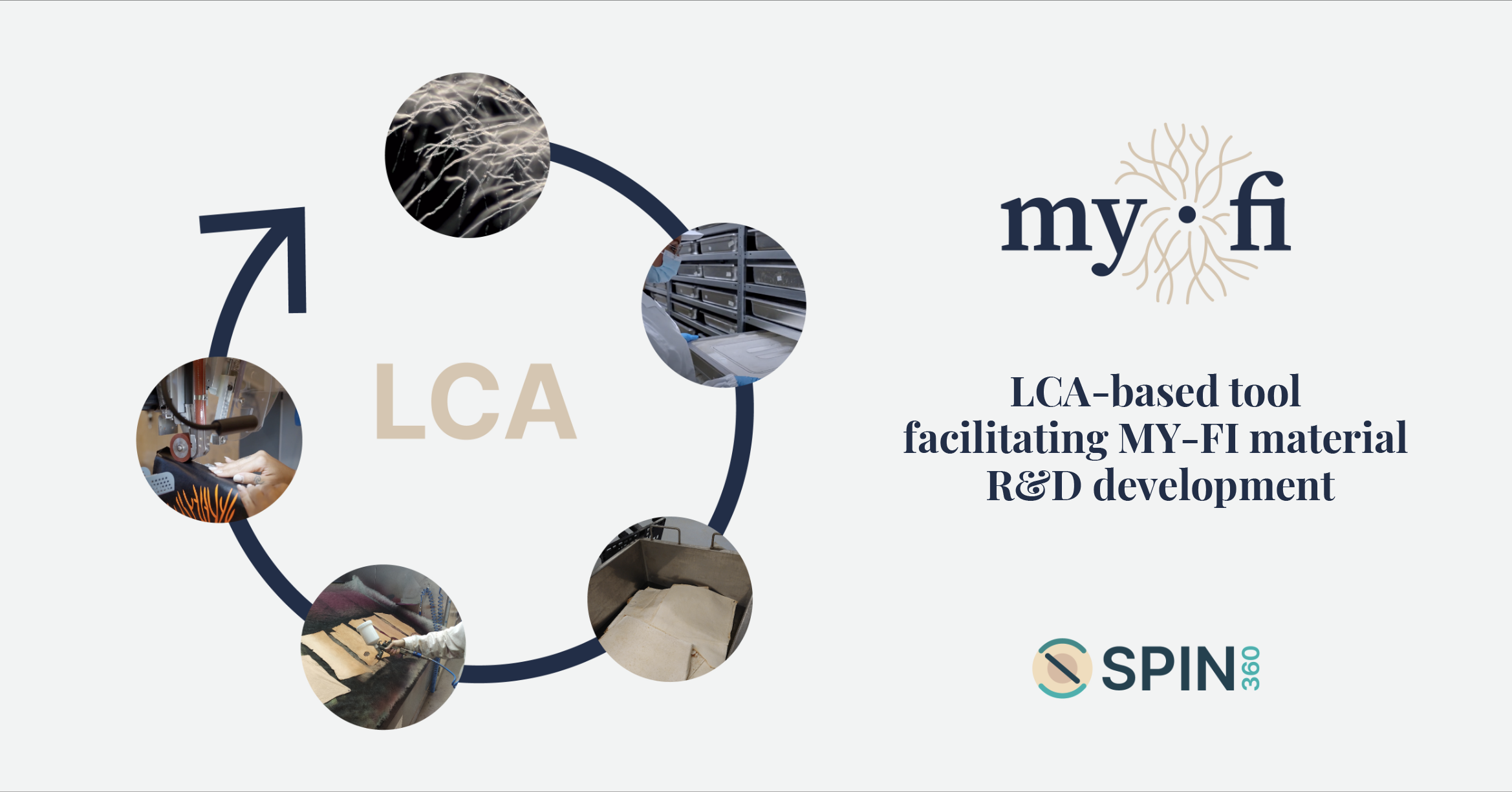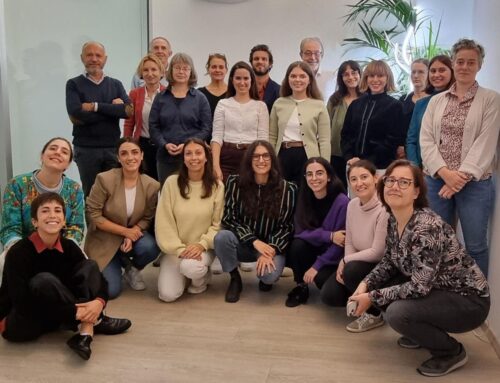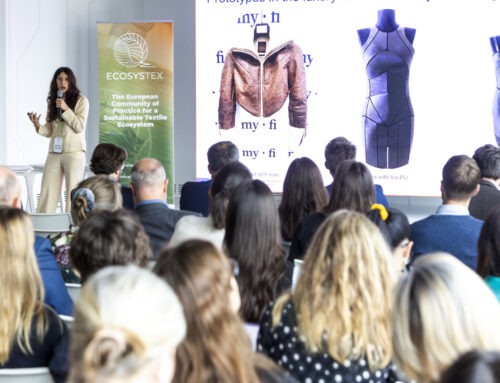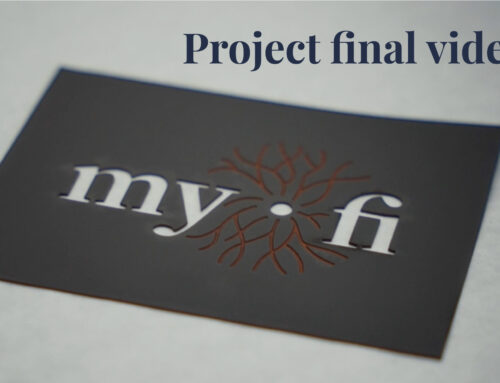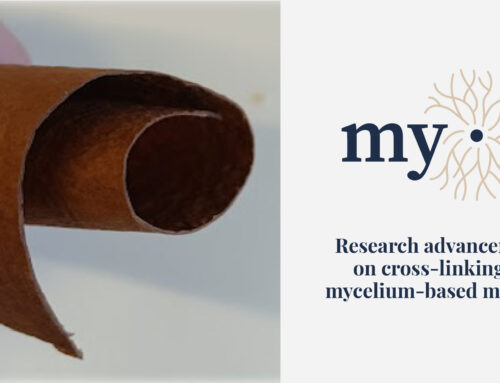Within the MY-FI project, SPIN 360 has introduced a simulation tool to evaluate and optimize the environmental impact of mycelium-based materials. This tool empowers project partners to explore different production parameters, allowing adjustments to chemical usage, water consumption, and operational steps to improve resource efficiency. By running simulations, stakeholders can see how tweaks in these areas affect the environmental footprint, providing critical insights for refining each stage of production.
One of the tool’s main advantages is its ability to integrate multiple metrics and environmental impact categories, from carbon and water footprints to life cycle costing, giving partners a holistic view of the trade-offs involved. This comprehensive approach allows the project’s stakeholders to balance environmental considerations with economic and quality goals, creating a more responsible production model for mycelium materials.
The simulation tool’s design supports rapid testing and optimization during the research and development (R&D) phase, providing valuable data that guides decision-making before moving to industrial-scale production. This iterative feedback loop allows for the improvement of resource efficiency early on, helping identify high-impact areas where adjustments can significantly reduce energy and resource use.
Moreover, the tool is based on the Life Cycle Assessment (LCA) methodology, following established environmental impact standards from the European Commission and the latest methodology. This alignment ensures that MY-FI’s assessments are consistent with recognized benchmarks, offering credible insights that can support future industry standards for mycelium-based materials.
Overall, the MY-FI simulation tool is instrumental in responsibly developing mycelium materials, giving the project team data-driven confidence in their process choices.
